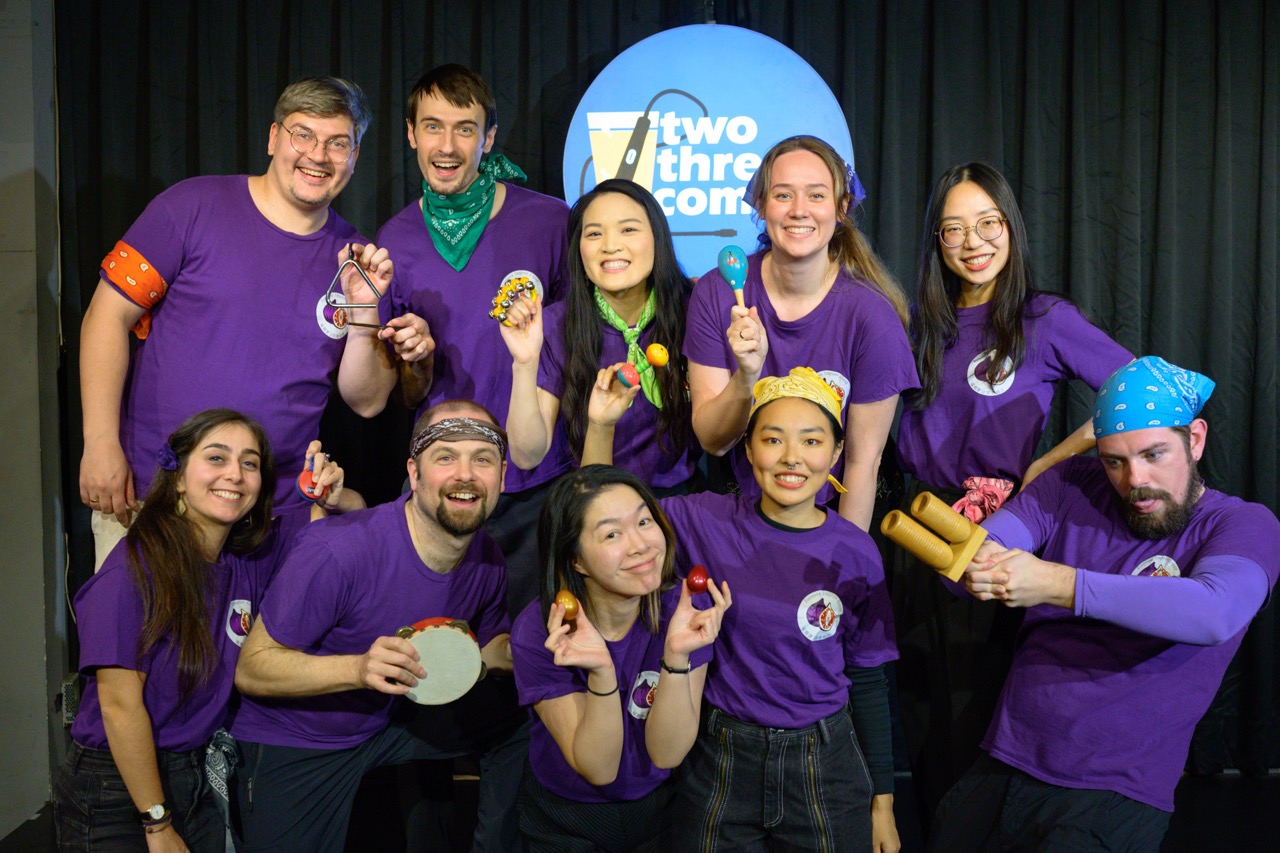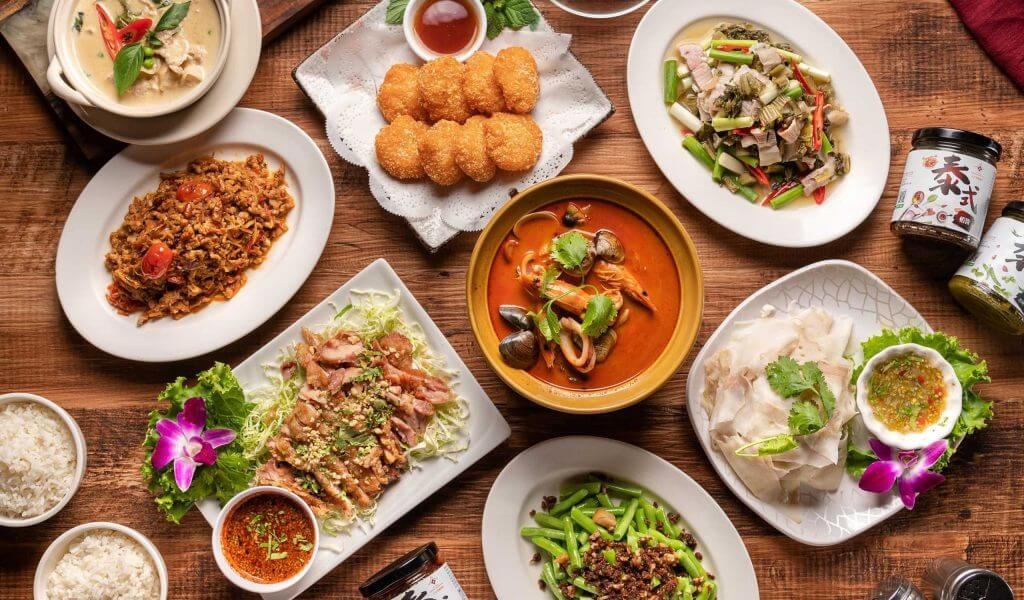Author Jeffrey Schwab
Photographer Ueda Haruka, Unsplash, Philip So, Jeffrey Schwab
Editor Chih Yi Chen
After two decades living abroad in China and Taiwan, I’ve discovered that language learning extends far beyond textbooks—into daily life, creative pursuits, and unexpected interactions. Almost everyday I find myself making new language discoveries, all from daily living. Besides the use of simplified and complex Chinese characters, one of the differentiating aspects of life in Taiwan and China is the pure scale and availability of DIY experiences there are on the island. From baking to ring-making to Turkish candleholders, there’s something for all kinds of learners seeking to pick up skills, make mistakes, and accumulate experiences. Essentially, living in Taipei is like being immersed in a rich buffet of language opportunities. Below I highlight some key methods that I’ve used for my own Mandarin learning, each with a unique “flavor” of their own:
1. Structure your Mandarin classes to suit your needs and goals

For the past four plus years, I’ve worked with an employer as one of three non-native Taiwanese hires. Very early on in my employment, my CEO thought that it would be beneficial for me to have a weekly session with a 1-1 Mandarin teacher. “I know how important it is to be able to communicate and understand colleagues, especially when you’re working in a new field as the only foreigner.” Although I would describe my Chinese as relatively fluent, there’s always room for improvement. Additionally, I rarely (if ever) request for my teacher to prepare any sort of teaching materials. Instead, I look at the current work I’m doing, the upcoming projects, emails, and interactions I’ve been having and anticipate having, and do some pre-class prep work to prepare my own study materials. These can range from reading and analyzing professional articles in subject matters of interest, co-working to prepare an upcoming presentation, or working on a handwritten letter to a colleague or friend.
2. Dedicate a fixed time for a handwritten Mandarin diary.

When I lived in Beijing, China, each and every morning I would walk to work, sit down, and stop in front of the same spot outside of the Confucius Temple with my Mandarin diary. I would either time myself and simply free write as much as I could in Mandarin for around 15 minutes, or as long as it took to fill up one page. This dedicated practice helped to reinforce Chinese characters and embed them into my memory much more than texting them on my phone. I encourage anyone to take this small but persistent step in learning a language, especially Chinese characters. I made it a point not to write for aesthetics or grammar, and for those characters I couldn’t remember I simply wrote the pinyin and restricted myself from using any device to look up how to write the character.
3. Join one of the city’s language conversation activities.
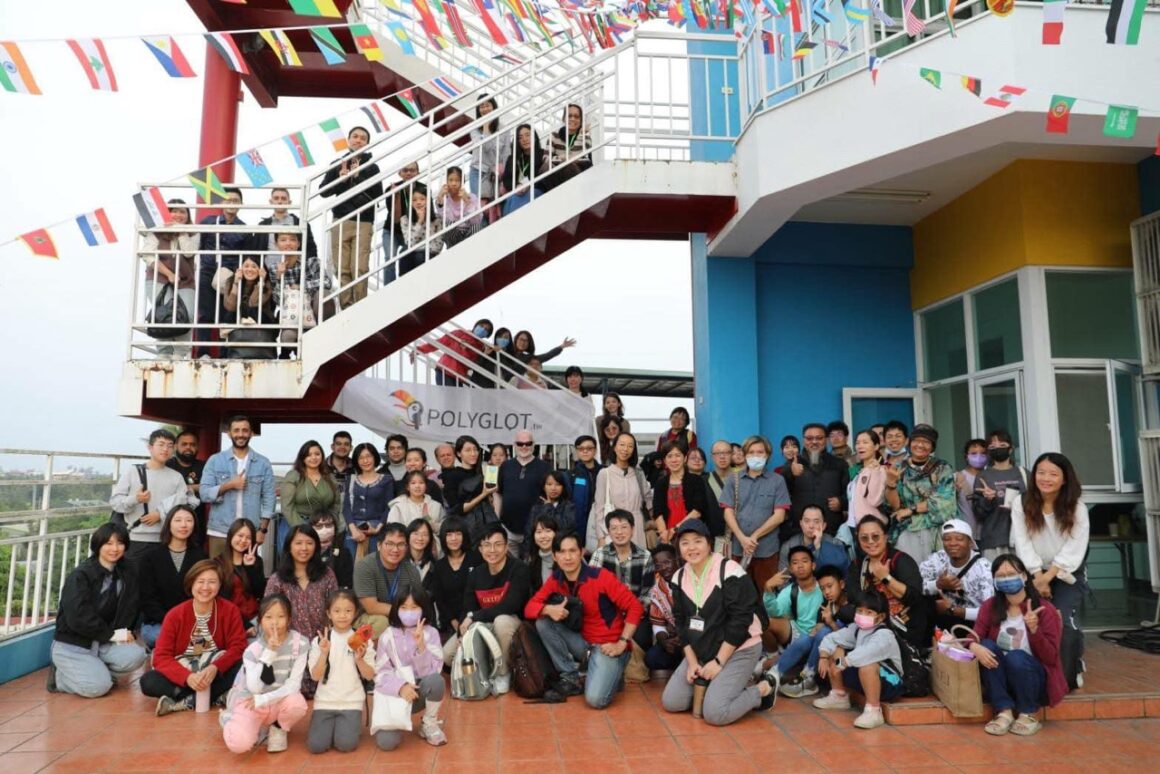
Taipei has a thriving language-learning scene. Besides learning language from structured group classes, I highly recommend to engage with other language learners in the many options for conversational activities. When we only talk with our teachers or classmates in a language, we are limiting the flow of information and the opportunities to discuss new topics and open up new perspectives and methods of learning. One community I would highly recommend language learners to join is the Multilingual Cafe hosted by polyglot.tw. This activity meets weekly, and for the price of one drink participants have the opportunity to join language tables hosting a variety of language (Mandarin included). The focus here is not Mandarin Chinese, but rather a passion for learning and conversing in languages in general.
4. Participate in non-language focused DIY activities or improv workshops
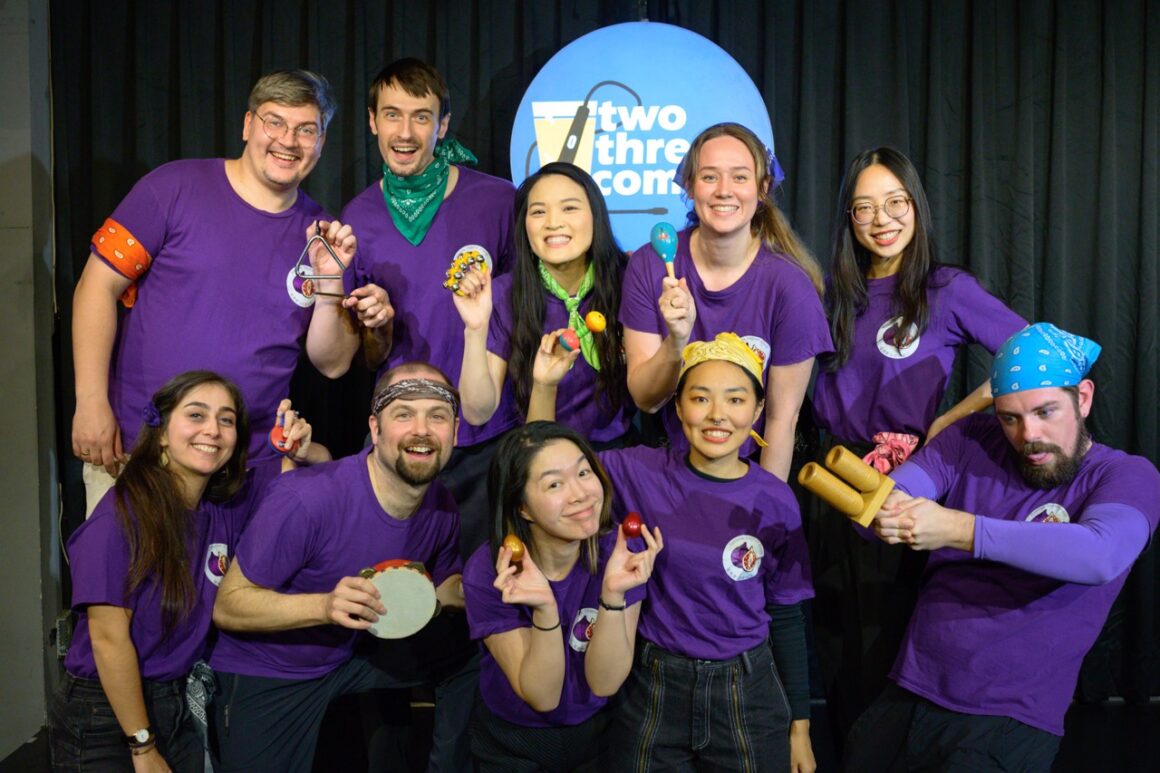
Besides activities that are specifically focused on language learning, one of the best ways to pick up a language is to join activities that encourage communication, but they aren’t specifically focused on acquiring language skills. As mentioned above, Taipei has no lack of DIY-focused activities to join. In addition, one of the areas where I pick up and use language on the spot is through the bilingual improv workshops with groups such as Formosa Improv Group 福爾摩沙即興組合. The magic of joining an activity such as improv is that the focus itself is not on language or grammar, but on building interesting stories and scenes together with other aspiring performers. In this way, we are encouraged to get outside of our heads and enjoy the moment, making learning language as painless as possible.
5. Join a non-language focused volunteer association
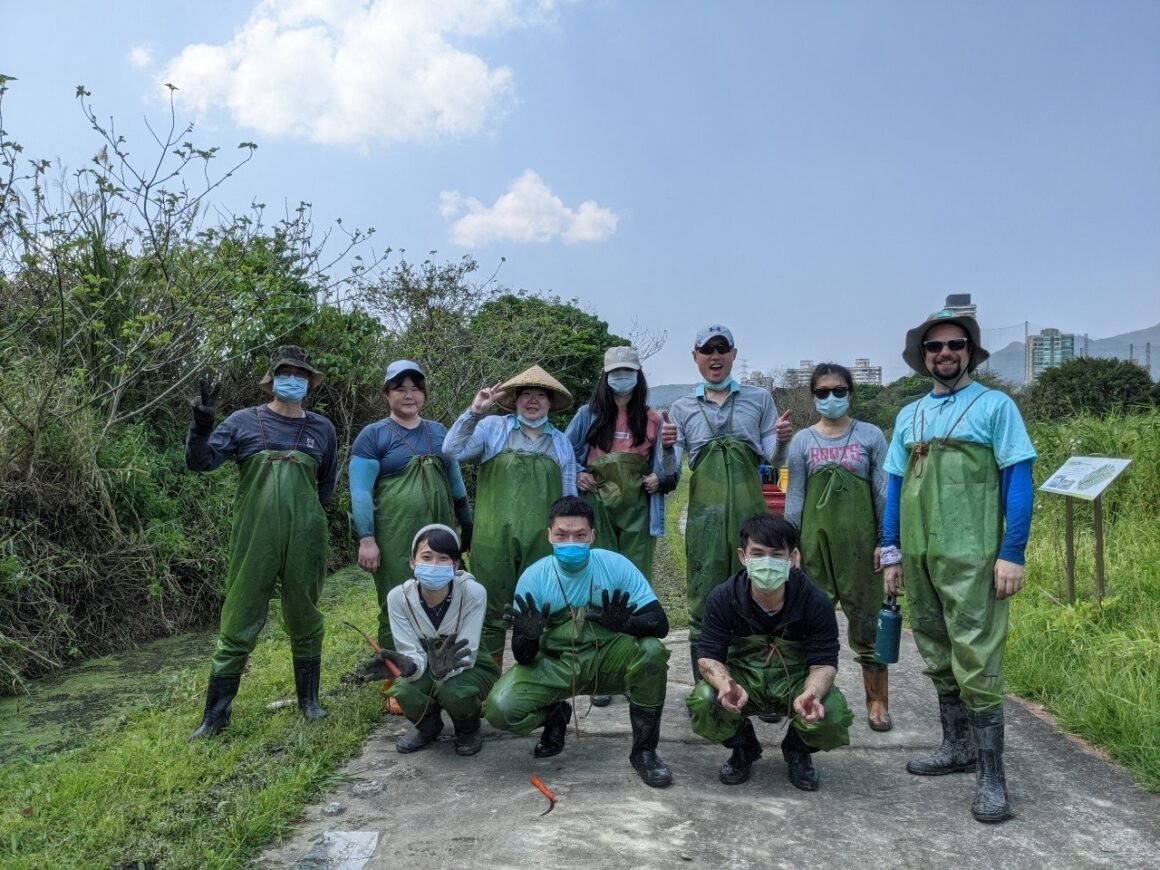
One of the best things I did for my own Mandarin Chinese language skills was to sign up for volunteer training with Guandu Nature Park (關渡自然公園). The volunteer work was related to environmental clean-up with a specific focus on the wetlands in the park that provided breeding grounds for migratory and endemic bird species. The training took place over a series of weekends where we learned different species of birds, safety instructions, and introductions to the center and the surrounding environment–all of which were completely separate from my professional and social lives. The training and the volunteer experience equipped me with a completely new set of vocabulary, in addition to meeting and conversing with an entirely fresh group of people outside of my usual circles.
When learning any language, it’s important to know that we have the freedom not to box ourselves inside of the traditional classroom. While the classroom setting has its place, the primary function of language is to communicate with others. Living in Taipei gives us outside-the-box language learning opportunities. We need to grab our tray and serving utensils, and it’s up to us to taste all the flavors at the language buffet.

